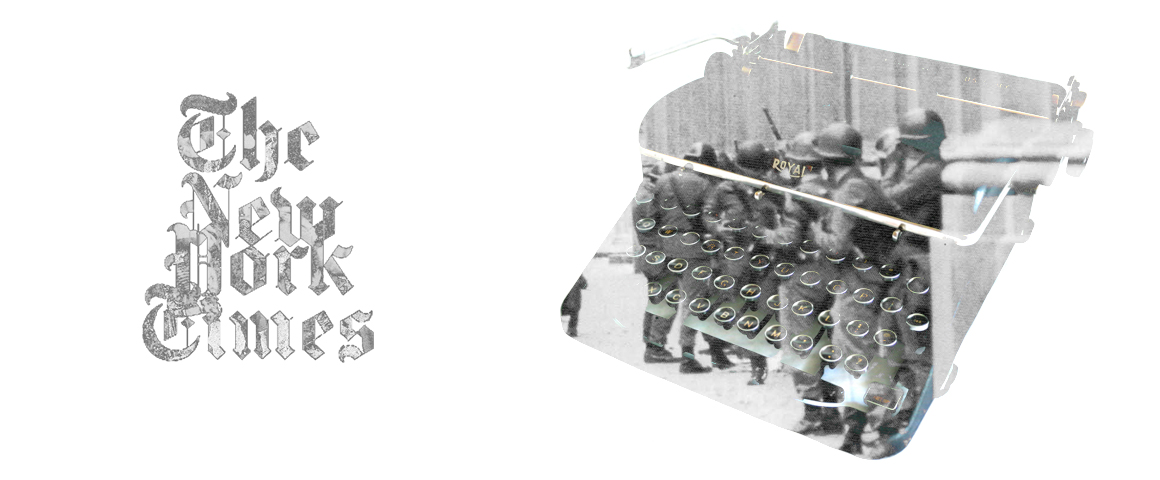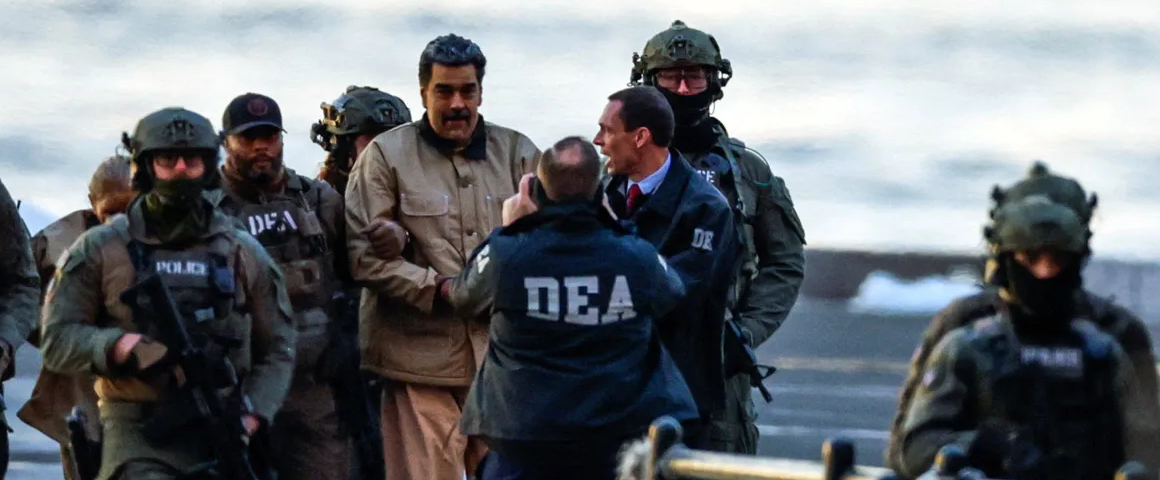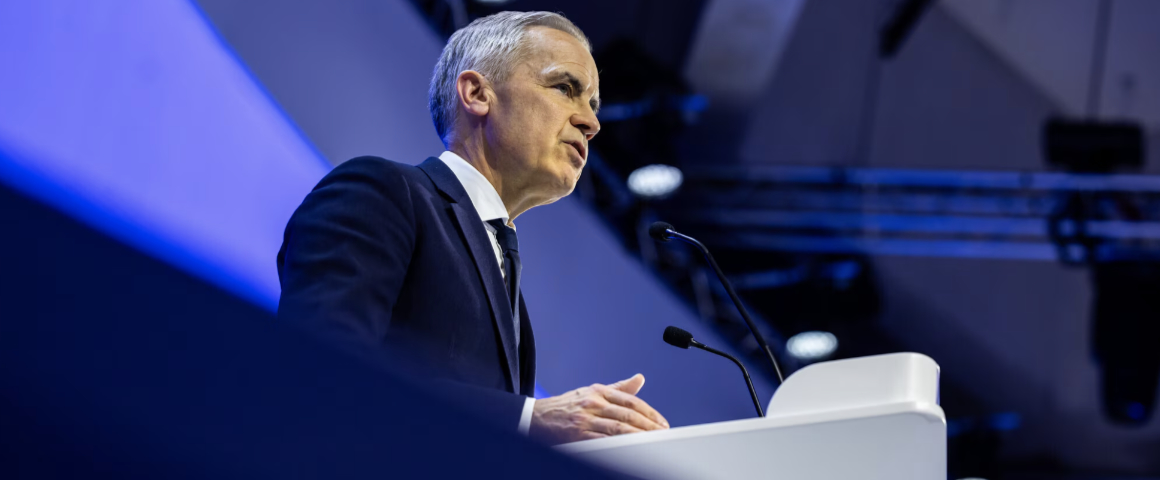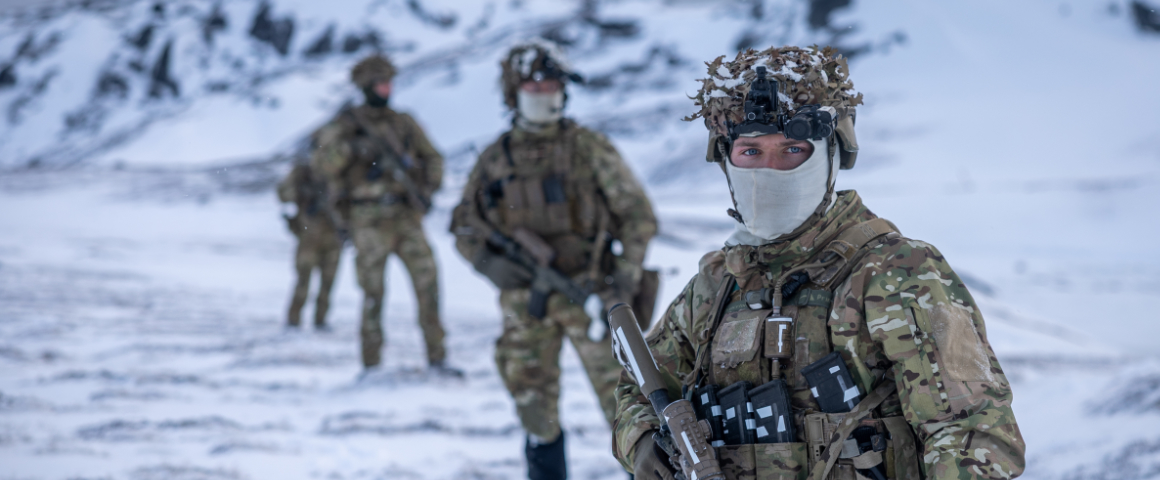Not surprisingly, the political, economic and diplomatic campaign by the US to isolate the elected Venezuelan government of President Nicolas Maduro employs a deliberate media strategy – a public relations effort to convince the people of the United States (as well as Canada and other NATO countries) that Venezuelans must be rescued from a brutal and incompetent dictatorship.
“Something has to be done, even a coup is better than letting Maduro stay in power,” goes the argument of those who support Juan Guaido’s claim to be president. For decades, propaganda has tried to convince North Americans that “our” leaders generally act to promote democracy abroad. This viewpoint is given the necessary thin veneer of credibility by so-called “objective” media outlets such as the New York Times.
A recent article on the TruthDig website by Adam H. Johnson, a media analyst for Fairness and Accuracy in Reporting, rips away the facade, revealing the venerable “liberal” daily as a reliable voice to justify US imperialist interventions. Johnson’s piece should be required reading for Canadians, to help them understand that PM Justin Trudeau and Foreign Minister Chrystia Freeland are loyal allies of the United States on the international stage.
On January 25, the Times published an editorial praising Donald Trump’s attempt to overthrow President Maduro. Johnson lists successful and attempted coups the Times has backed, including Guatemala (1954), Cuba (1961), Brazil (1964), Dominican Republic (1965), Chile (1973), Argentina (1976), Panama (1989), Haiti (1994), Venezuela (2002, and again this year). Two other coups received “mixed” support from the Times – Grenada in 1983, and Honduras in 2009.
The author notes that “covert involvement of the United States, by the CIA or other intelligence services, isn’t mentioned in any of the Times’ editorials on any of the coups. Absent an open, undeniable U.S. military invasion (as in the Dominican Republic, Panama and Grenada), things seem to happen in Latin American countries entirely on their own, with outside forces rarely, if ever, mentioned in the Times. Obviously, there are limits to what is `provable’ in the immediate aftermath of such events (covert intervention is, by definition, covert), but the idea that the U.S. or other imperial actors could have stirred the pot, funded a junta or run weapons in any of the conflicts under the table is never entertained.”
As Johnson says, the editorials on all these coups repeat the same racist, paternalistic “cycle of violence” cliches, ignoring the fact that the CIA supplied and funded those who ultimately killed elected leaders. Justifying the 1964 coup in Brazil, the Times wrote that Brazilians “…have, throughout their history, suffered from a lack of first class rulers.”
Or how about this line from a 1973 editorial on Pinochet’s fascist coup which resulted in thousands of murders: “No Chilean party or faction can escape some responsibility for the disaster, but a heavy share must be assigned to the unfortunate Dr. Allende himself.”
Johnson explains the familiar script: “The CIA and its U.S. corporate partners come in, wage economic warfare, fund and arm the opposition, then the target of this operation is blamed… The reason the CIA and U.S. military and its corporate partisans historically target governments in Latin America is because those governments are hostile to U.S. capital and strategic interests, not because they are undemocratic.”
Backing the overthrow of elected President Allende in 1973, the Times wrote that he “persist(ed) in pushing a program of pervasive socialism” without a “popular mandate”. But US imperialism’s support for the coup had nothing to do with Allende’s supposed undemocratic tactics – the real reason was his Popular Unity government’s redistributive social and economic policies.
Johnson stresses that “the idea that the U.S. is motivated by human rights and democracy is taken for granted by The New York Times editorial board and has been since its inception. This does all the heavy lifting without most people—even liberals vaguely skeptical of American motives in Latin America—noticing that a sleight of hand has taken place.”
Adding to his point, Johnson quotes a 2017 Times editorial attacking Russia: “In recent decades, American presidents who took military action have been driven by the desire to promote freedom and democracy, sometimes with extraordinary results.”
This, he writes, is how any conversation about the U.S. military and its covert apparatus meddling in other countries “quickly becomes a referendum on the moral properties of those countries.” The starting point is that the U.S. ruling class has a “birthright to determine which regimes are good and bad,” just as in 1961, when JFK backed the Bay of Pigs invasion against the Cuban government which enjoyed huge popular support.
“It’s a tedious, extortive exercise designed to shift the conversation away from the United States’ history of arbitrary and violent overthrows and into an exchange about how best to oppose the Official Bad Regime in question,” Johnson observes.
It’s a tactic that goes back to the 1954 overthrow of Iran’s left-wing Premier Mossadegh, accused by The Times of “flirting with Russia” and of being supported by the Tudeh Communists.
The Shah of Iran, wrote the Times, “deserves praise in this crisis” for being a moderating influence as well as “true to the parliamentary institutions of his country” and “socially progressive.” Years later, of course, the crimes of the Shah and the full story of U.S. involvement in the coup were revealed, far too late.
All these episodes have something in common, Johnson argues: when the U.S. government, and a compliant U.S. media, decide that an elected leader “needs to go”, everything possible is done to “overthrow the Bad Regime.”
A comparable review of Globe and Mail editorials over the same time period might be highly instructive. Does any investigative journalist have the time and resources to take on the challenge of documenting the pro-imperialist stance of “Canada’s National Newspaper?”
FEAR AND FAVOR IN THE NEWSROOM, a documentary narrated by Studs Terkel which shows that ownership of the press by a small elite constricts the free flow of ideas and information.
One of the stories we present is that of Sydney Schanberg, a Pulitzer Prize winning journalist at the New York Times. Schanberg explains to viewers how, while he tried to report on abuses of power by the wealthy and a city government closely tied to them, his superiors at the Times consistently interfered with his work – and how, ultimately, they took away his column because of such reporting. We were also able to show the man who canceled Schanberg’s column, Sydney Gruson, the former assistant to the Publisher and Vice Chairman of the New York Times Corp., substantially acknowledge Schanberg’s contention, explaining that the Times cancelled Schanberg’s column because it disapproved of the unflattering light in which Schanberg’s writing had cast the New York Times itself.




